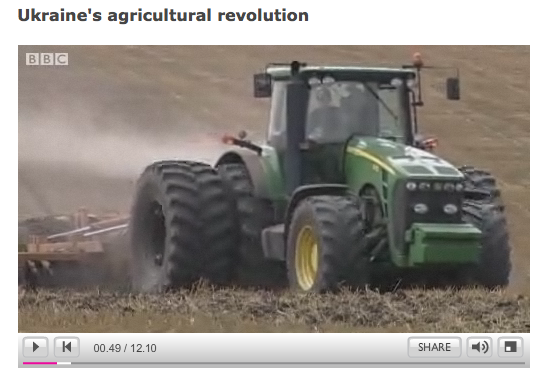The Swedes have chosen to highlight agriculture and climate change at the informal agricultural council meeting next week. The discussion will be built around three questions:
… Read the rest1. Climate change is of great concern for the future competitiveness of EU agriculture and this challenge is being dealt with at all levels. While the framework is set at EU level, implementation will need to be carried out at farm level.
What should be the role of the EU regarding mitigation and adaptation in agriculture, and, in particular, what should be the key areas of cooperation?
2. An instrument in handling climate change in the agricultural sector is rural development programmes.


